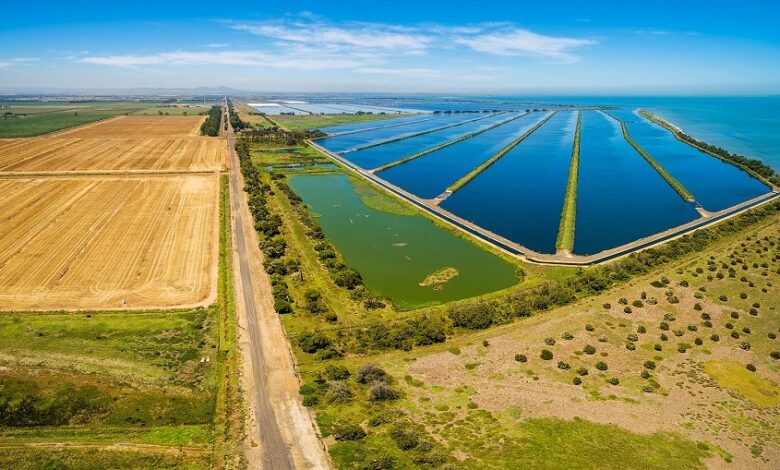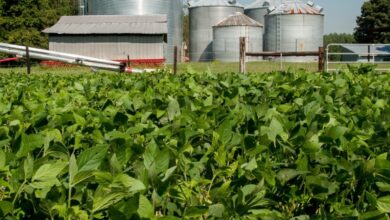Wastewater Treatment Equipment: A Necessity for Sustainable Agriculture

Last updated on June 24th, 2024 at 11:08 am
As the global population continues to grow, the demand for food and agricultural products is increasing at an unprecedented rate. In response to this growing need, agriculture is undergoing intensification, characterized by heightened utilization of fertilizers, pesticides, and water resources. But it has also led to the generation of substantial amounts of wastewater containing pollutants that can harm both the environment and human health. In this context, wastewater treatment equipment has become a crucial necessity for sustainable agriculture.
The Environmental Impact of Agricultural Wastewater
Agricultural wastewater primarily consists of runoff from fields, irrigation, and cleaning processes. It often contains a variety of pollutants, including excess nutrients like nitrogen and phosphorus, pesticides, herbicides, sediment, and organic matter. When left untreated, this wastewater can be harmful to the environment.
One of the most pressing concerns is the contamination of water bodies, such as rivers and lakes, which are vital sources of drinking water and aquatic ecosystems. An overabundance of nutrients, particularly nitrogen and phosphorus, can trigger eutrophication, a phenomenon in which aquatic ecosystems become excessively enriched with these nutrients. This leads to adverse outcomes, including the spread of harmful algal blooms, reduced oxygen levels, and the decline of aquatic biodiversity. Eutrophication not only endangers the ecological diversity of these environments but also presents a threat to human health, as it can contaminate water sources and aquatic products that are consumed.
The Role of Wastewater Treatment Equipment
To mitigate the environmental and human health risks associated with agricultural wastewater, the implementation of wastewater treatment equipment is essential. These systems play a critical role in removing or reducing contaminants from the water before it goes back into the environment. They can employ various treatment processes, such as sedimentation, filtration, chemical treatment, and biological processes, to treat wastewater effectively.
- Nutrient Removal: Wastewater treatment equipment can be designed to remove excess nutrients from agricultural wastewater. This helps prevent eutrophication in water bodies and safeguards the quality of drinking water sources.
- Pesticide and Herbicide Removal: Advanced treatment systems can effectively eliminate pesticides and herbicides from wastewater, reducing their negative impact on non-target species and the broader ecosystem.
- Organic Matter Reduction: Wastewater treatment equipment can break down and remove organic matter, which, when left untreated, can contribute to water pollution and the formation of harmful byproducts.
- Pathogen Inactivation: In some cases, agricultural wastewater may contain pathogens that can pose health risks to humans and animals. Wastewater treatment equipment can be equipped with disinfection processes to eliminate these pathogens.
Benefits of Sustainable Agriculture and Wastewater Treatment
The integration of wastewater treatment equipment into agriculture brings several benefits, promoting sustainability in the industry:
- Protecting the Environment: Proper treatment of agricultural wastewater helps safeguard the environment by reducing water pollution, preserving aquatic ecosystems, and protecting biodiversity.
- Enhanced Crop Yield: Effective nutrient management through wastewater treatment can improve soil health and crop productivity, resulting in higher yields and better food quality.
- Compliance with Regulations: Numerous nations enforce regulations mandating the treatment of agricultural wastewater. Adhering to these rules not only mitigates environmental risks but also helps prevent potential penalties and legal complications.
In Conclusion
Wastewater treatment equipment is no longer an optional component in modern agriculture; it has become a necessity for sustainable farming practices. By addressing the environmental and health challenges posed by agricultural wastewater, these systems contribute to a more responsible and eco-friendly approach to food production.
For more Information, please visit: fasalbachao.com





